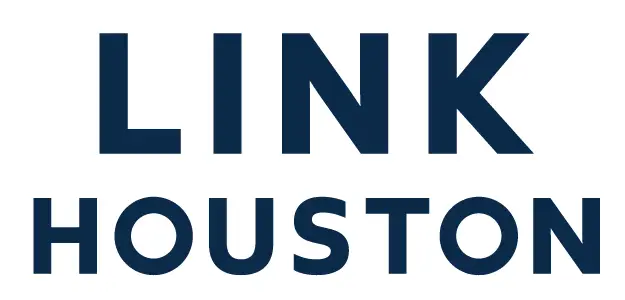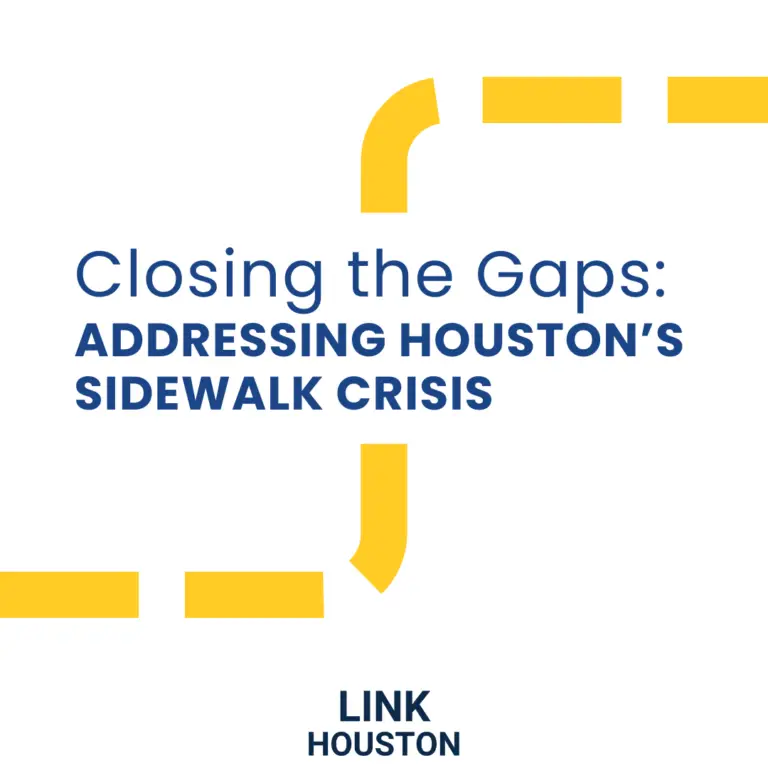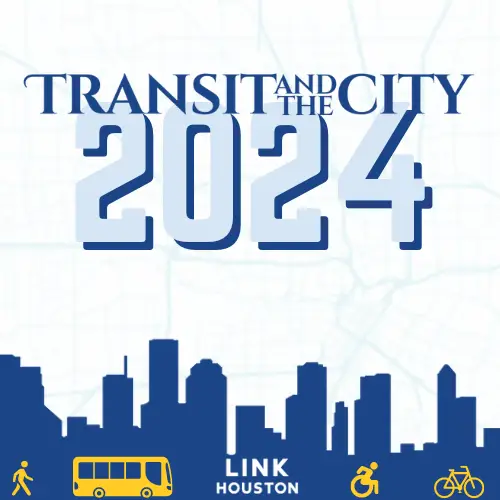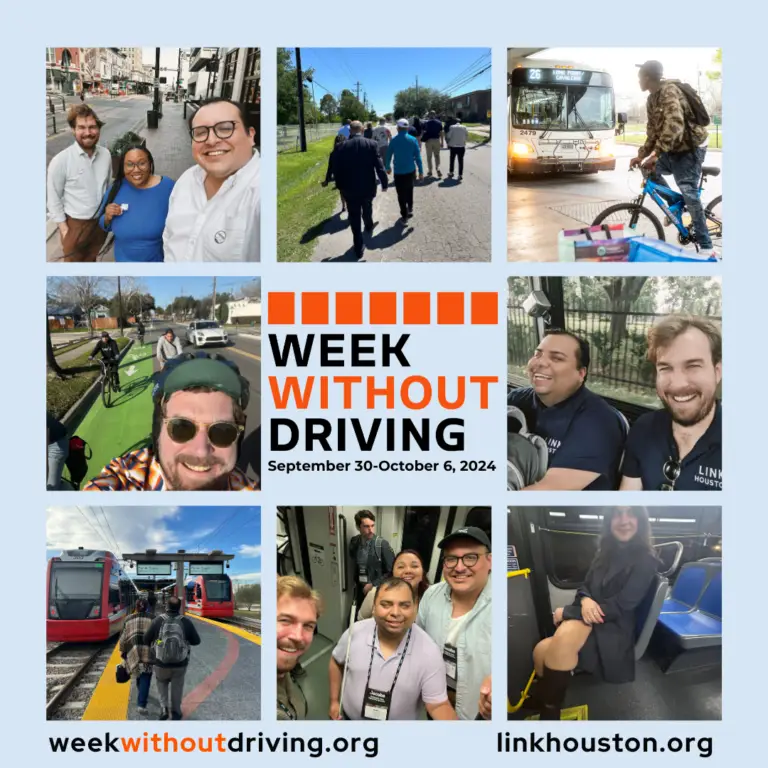[fusion_builder_container admin_label=”” hundred_percent=”no” hundred_percent_height=”no” hundred_percent_height_scroll=”no” hundred_percent_height_center_content=”yes” equal_height_columns=”no” menu_anchor=”” hide_on_mobile=”small-visibility,medium-visibility,large-visibility” status=”published” publish_date=”” class=”” id=”” background_color=”” background_image=”” background_position=”center center” background_repeat=”no-repeat” fade=”no” background_parallax=”none” enable_mobile=”no” parallax_speed=”0.3″ video_mp4=”” video_webm=”” video_ogv=”” video_url=”” video_aspect_ratio=”16:9″ video_loop=”yes” video_mute=”yes” video_preview_image=”” border_size=”” border_color=”” border_style=”solid” margin_top=”” margin_bottom=”” padding_top=”30px” padding_right=”” padding_bottom=”30px” padding_left=””][fusion_builder_row][fusion_builder_column type=”1_1″ layout=”1_1″ spacing=”yes” center_content=”no” link=”” target=”_self” min_height=”” hide_on_mobile=”small-visibility,medium-visibility,large-visibility” class=”” id=”” background_color=”” background_image=”” background_position=”left top” undefined=”” background_repeat=”no-repeat” hover_type=”none” border_size=”” border_color=”” border_style=”solid” border_position=”all” padding_top=”” padding_right=”” padding_bottom=”” padding_left=”” margin_top=”0px” margin_bottom=”0px” animation_type=”” animation_direction=”left” animation_speed=”0.3″ animation_offset=”” last=”no”][fusion_text columns=”” column_min_width=”” column_spacing=”” rule_style=”default” rule_size=”” rule_color=”” hide_on_mobile=”small-visibility,medium-visibility,large-visibility” class=”” id=”” animation_type=”” animation_direction=”left” animation_speed=”0.3″ animation_offset=””]
Good morning, Chair Patman and METRO Board members. My name is Oni Blair, and I serve as the executive director of LINK Houston. LINK Houston advocates for a robust and equitable transportation network so that all people can reach opportunity. Last month, LINK Houston joined more than a dozen speakers to congratulate you on your big METRONext win. We also urged METRO to prioritize service improvements that adhere to METRO’s public commitments to equity.
The improvements community members have prioritized are making sure the bus comes on time so that there’s predictability in commuting schedules; making sure the bus comes faster so that they’re not waiting a half hour or an hour; better customer service, especially for our neighbors with disabilities; and better bus stops to wait with dignity, especially at locations with the longest wait times. In summary, reliable, frequent transit with great customer service and accessible, sheltered bus stops – those are the things that riders have repeatedly raised as priorities.
To be clear, our community contacts have not raised fare cost or zero-dollar fare as a priority on the local bus or rail. I know the Board is considering this issue. I say “zero-dollar fare” because there’s no such thing as a free fare; or as my dad says, “There’s no such thing as a free lunch.” As METRO evaluates its fare system, I urge the METRO Board to consider these issues:
1) METRO’s $1.25 for bus and rail fare is one of the lowest fares in the country. Park-and-Ride costs are already the most subsidized transit option; if Park-and-Ride fares are still too expensive, then there should be a narrower examination of that fare policy for families and students in need.
2) In multiple studies across the country, including ones of Austin, zero-dollar fares led to a rise in disruptive customers and difficulty in providing a quality experience. So, while ridership went up, transit agencies also expended more funds for customer service and safety and operations. In Austin the transit operators threatened to quit because of the disruptions.
3) METRO already offers zero-dollar fares for passengers using METROLift, senior citizens age 70+, children under 5, jurors with a jury pass, and qualified veterans, as well as the Green Link downtown and students over the summer. METRO also offers discounted fares of $0.60 cents on local bus and rail for senior citizens ages 65-69, Medicare card holders, students ages 6-college, and disabled riders who do not qualify for METROLift/paratransit.
4) In addition to METRO’s special fares, some private entities have incentive programs. Rice students gets a free METRO card, and UH has a new program to encourage transit use. Businesses can still get some tax credits for transit reimbursement (and pay for less parking).
5) Finally, you get what you pay for. When people don’t pay for something, there’s no value to it. If METRO proceeds with universal zero-dollar and shows massive revenue losses for not collecting fares, then METRO won’t be able to demonstrate its fiscal responsibility, nor deliver the experience that people desire. METRO will risk the overwhelming support for transit that the agency currently enjoys. This Board has been accountable to taxpayers, and should continue to do so.
All that to say, the real question is, “How can METRO improve ridership?” METRO has heard the answer from community members repeatedly: make the buses come more often and on time, create bus stops that are comfortable and safe, and improve customer service.
Thank you.
LINK Houston – December 19, 2019






